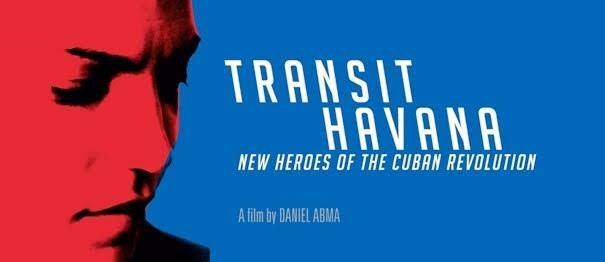
Transit Havana
06 July, 2016Director Daniel Abma has created a film that shows the reality of Cuba in many layers, some of which are subtle and some that are not. The name of the film itself, Transit Havana gives one the impression that the film will be focusing on means of transport in Havana, which in a way – one of the subtle layers I talked about – is addressed. In fact, the “transit” that the title refers to is the transition many transsexuals in Cuba are waiting for: gender reassignment surgeries.
In a country where religion is ever-present, and where the teachings of a government are fairly rigid, this side of Cuba is almost never talked about. Throughout the film we can see people attempting to change the prejudice against the LGBTQ Cuban society, by amending the definition of what a socialist nation actually is. There is love for the revolutionised Cuba and its regime led by Castro’s socialist guidance, but what the main subjects of the film are looking for, is an amendment of them, so they truly feel like part of a society where everyone is equal.
Belgian and Dutch doctors travel to Havana once a year, to carry out the surgeries on five transgender citizens of Cuba, which leaves many waiting another year for a possible opportunity to start living a life in a body they will feel comfortable in.
You will see a handful of stories told, not just about their journey to be chosen to receive the surgeries they so desire, but also their day-to-day life, and at times the hardship that comes with trying to be who you feel like you are, instead of how you look. Views in the film can be frustrating for those like me, who have been exposed to a much more liberal and accepting society, but it is important to see where those who prejudice against LGBTQ identifiers are coming from. This film will provide that information, and it will come from the transgender personalities in the film themselves.
Transit Havana is eye-opening and easy to follow; looking at Cuba from the perspective of a minority that only wants to belong and still accepts the, at times, harsh surroundings they live in, and especially it will be an interesting journey for those used to living in a capitalist society.
Follow Sounds and Colours: Facebook / Twitter / Instagram / Mixcloud / Soundcloud / Bandcamp
Subscribe to the Sounds and Colours Newsletter for regular updates, news and competitions bringing the best of Latin American culture direct to your Inbox.

